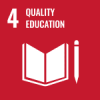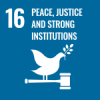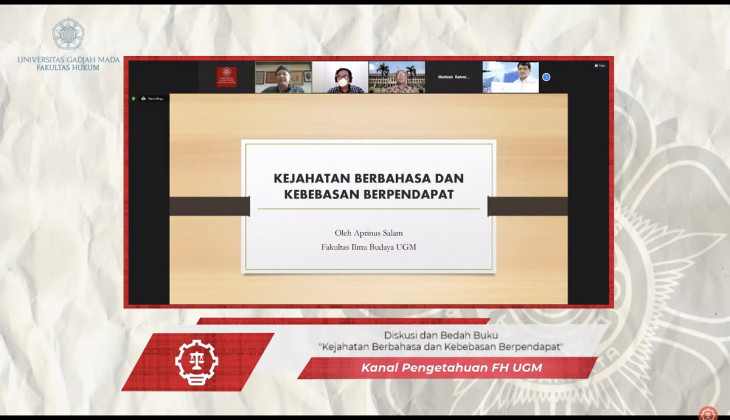The Research and Publication Unit (URP) of the UGM Faculty of Law held an online discussion and book review on “Language Crimes and Freedom of Opinion” on Thursday (10/6).
This discussion presented Dr. Aprinus Salam as the author of the book/lecturer of the UGM Faculty of Cultural Sciences, and Prof. Marcus Priyo Gunarto, lecturer of the UGM Faculty of Law.
Aprinus Salam explained that his book entitled “Errors and Crimes in Language” was a reflection of his experience as an expert witness in the field of linguistics for several linguistic cases within the legal scope.
Based on the latest circular from the National Police Chief regarding the ITE Law, criminal law experts are not the only crucial experts in the ITE Law. Linguists also play a role in determining insulting content, defamation, or hate speech in Article 28 of the ITE Law.
“Freedom of opinion is protected by law, but in reality, we are not free to speak. So, opinion is free, but in practice, we are not free to speak. It means freedom of language and freedom of opinion are two different things,” said Aprinus.
Aprinus explained that in practice, language can lead to a crime. Causes of crimes may be communication errors and certain vocabularies. These could make people offended, angry, and lead to a more violent conflict.
He stated that we need to be agile and careful in language to prevent language crimes both in spoken language and written language such as on social media. Freedom of opinion does not mean we are allowed to lie, insult, abuse, and so on.
From a legal point of view, Prof. Marcus Priyo Gunarto explained that the language in the law is different from everyday language. It may even deviate from the standard language.
“Because in law, especially in criminal law, there is the principle of lex certa, meaning that it should not lead to ambiguous understanding and the principle of lex stricta, a definite understanding. There are also provisions for the use of the Indonesian language in the preparation of legislation which is specifically regulated in Law No. 12 of 2011,” said Marcus.
Furthermore, Marcus explained how the law (state) should be able to balance between “order of language” and freedom of expression and opinion.
First, language in law (criminal law) should provide a definite (unambiguous) meaning for legal certainty. Second, the law clearly distinguishes between criticism and insults. Critical discourses for self-defense and the public interest do not deserve to be punished. Third, slanderous and insulting language that demeans others must be punished. Lastly, freedom of expression and opinion is part of human rights and democracy. It still has its limits, and its implementation is regulated by law.
Source: https://www.ugm.ac.id/id/berita/21240-kejahatan-berbahasa-dan-kebebasan-berpendapat



